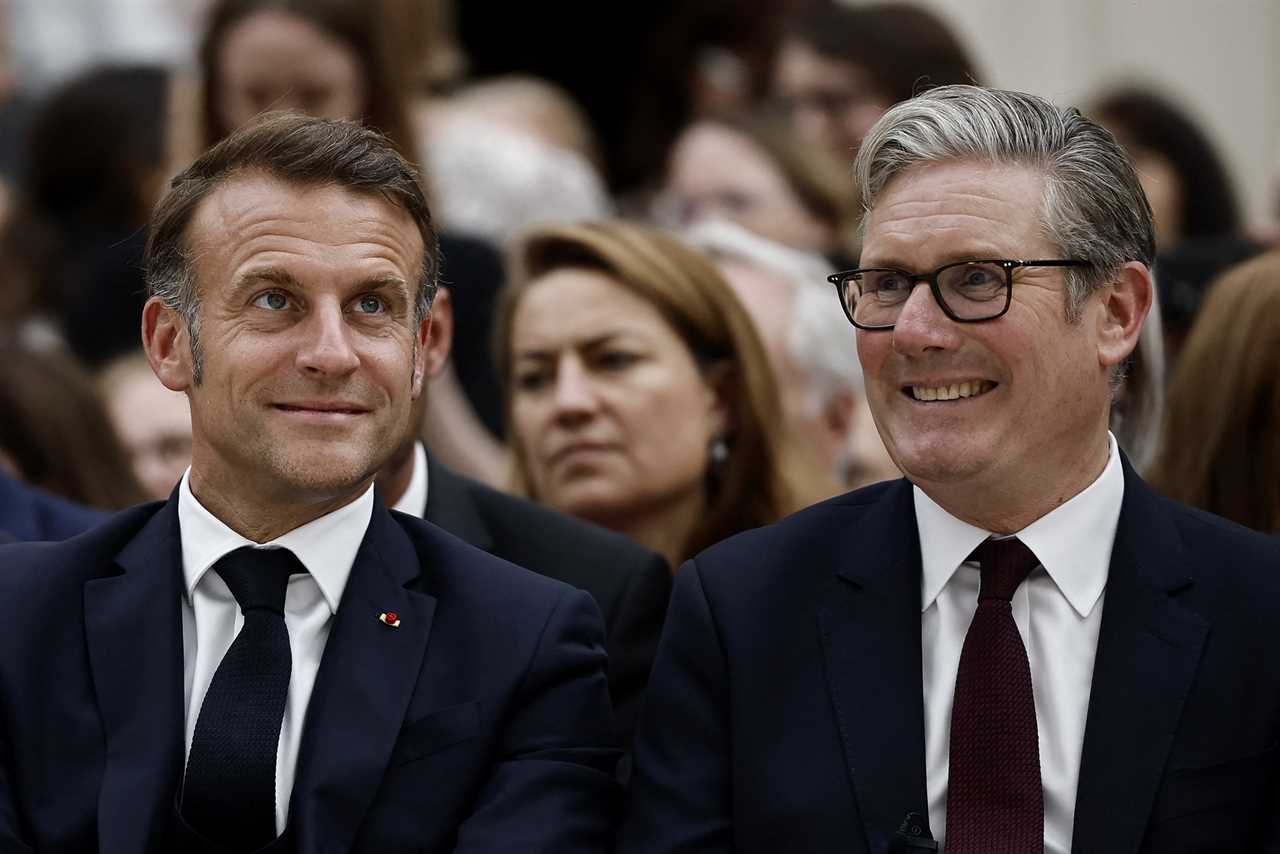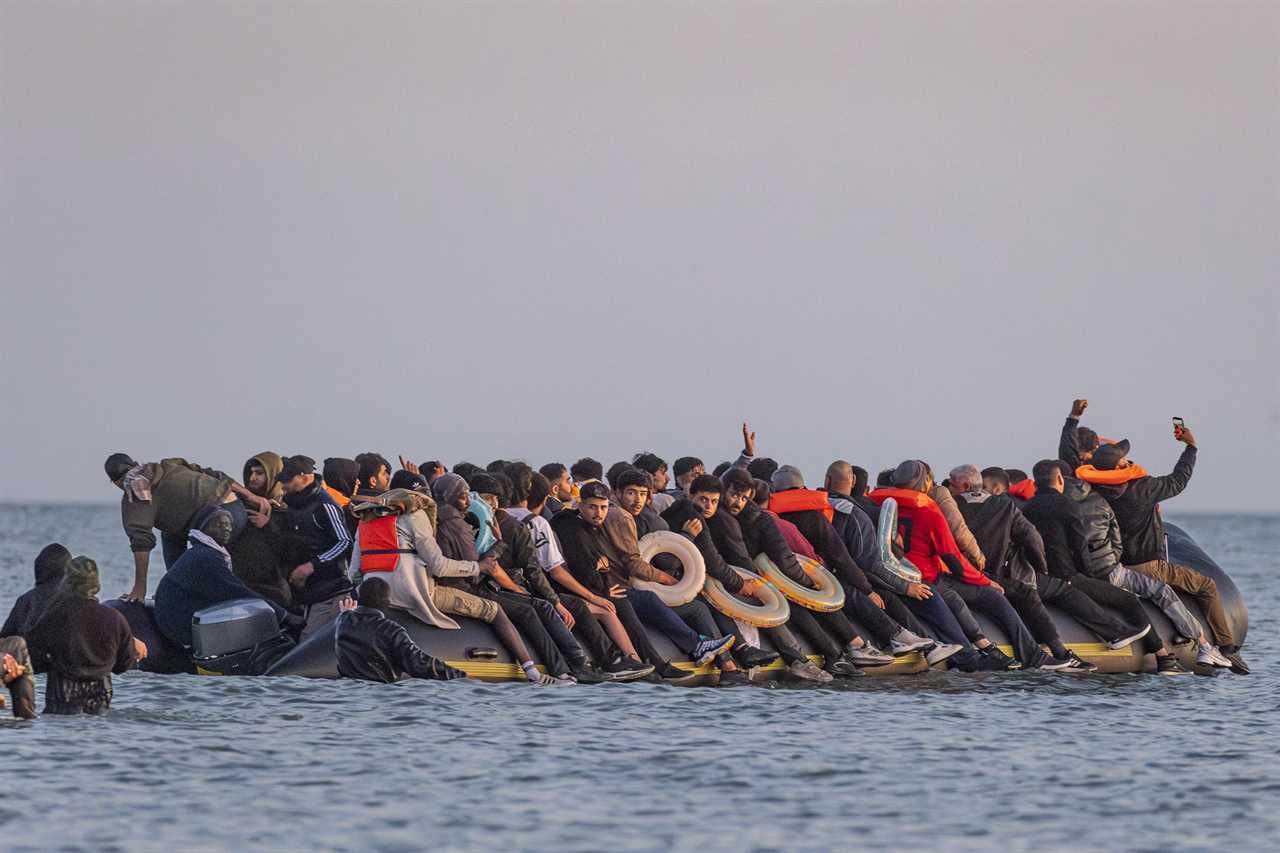
In the midst of a tumultuous period marked by record numbers of small boat crossings across the English Channel, Sir Keir Starmer's high-stakes migration agreement with French President Emmanuel Macron has unveiled a stark reality: only a minute fraction of irregular migrants are set to be returned to France. This revelation comes against the backdrop of escalating arrivals and a public call for a robust response to the ongoing crisis.
The wider context: Negotiating Returns and Deterrents Amidst Political Pressure
As political pressures mount, with Nigel Farage's demands for a tougher stance and accusations of inadequacy in current policies, the deal's details underscore the challenges of balancing humanitarian obligations with domestic anxieties. The limited commitment from France to accept just 50 migrants weekly, amidst thousands of arrivals under Labour's tenure, raises critical questions about the efficacy of deterrence strategies and the shared responsibilities in managing migration flows.
Complexities of Shared Priorities and International Cooperation
While the proposed "one in, one out" arrangement signals a mutual recognition of the need for innovative solutions, concerns linger over its potential impact on southern EU countries and the dynamics of migration routes. The emphasis on disrupting smuggling networks and seeking joint solutions reflects a broader shift in addressing the root causes of irregular migration, yet the practical implications remain uncertain.
Challenges of Sovereignty, Security, and Public Perception
Amid calls for stronger border control and concerns over sovereignty, the debate extends to the role of the Royal Navy, the viability of enforcement mechanisms, and the balance between security imperatives and humanitarian considerations. Criticisms from both sides of the political spectrum highlight the complexities of navigating public expectations, electoral calculations, and the need for coherent border policies.

Innovative Solutions and Technological Proposals
Proposals such as digital ID cards to track migrants and prevent illegal employment offer a glimpse into potential future strategies, yet raise ethical and privacy concerns. The push for digital verification systems underscores the evolving landscape of migration management and the intersection of technology with border governance, posing challenges and opportunities for policy development.
As the UK navigates the complexities of migration governance, the imperative for comprehensive, rights-based approaches that address systemic drivers remains paramount. The intricacies of the UK-France deal illuminate broader debates on migration policy, sovereignty, and international cooperation, underscoring the need for nuanced, forward-looking strategies in an era of heightened mobility and geopolitical shifts.






